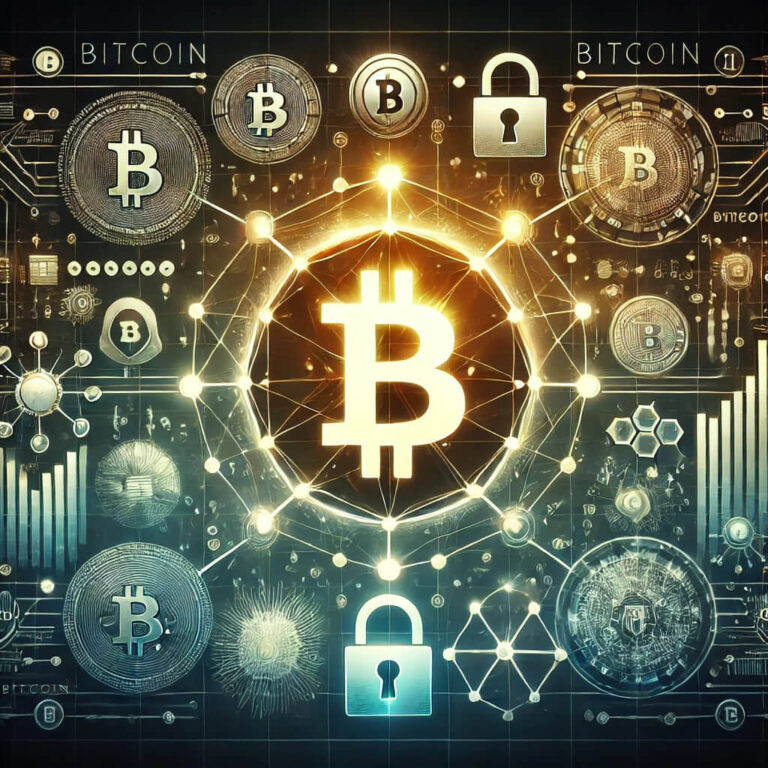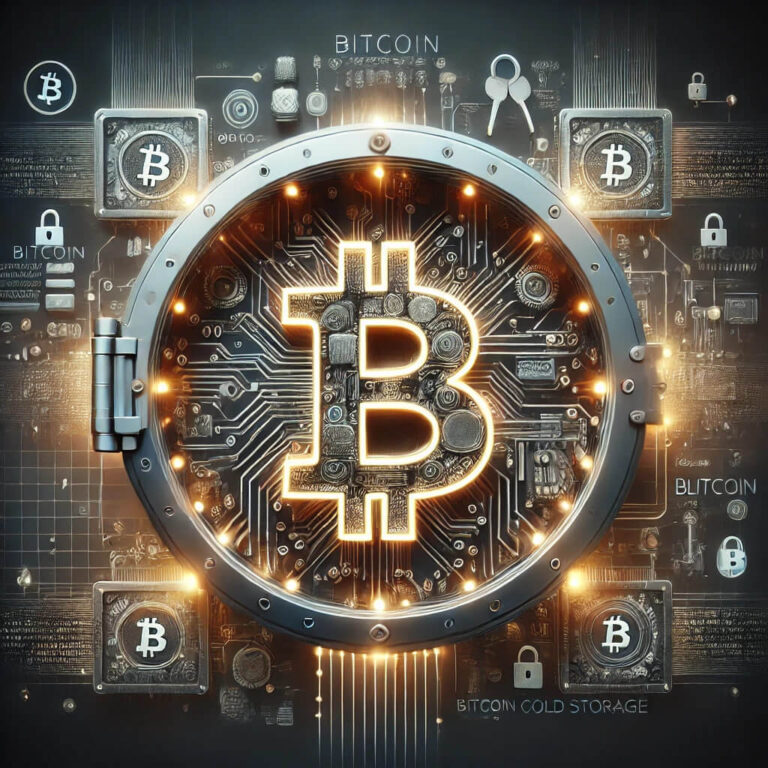
From security to fee customization options, these are the key factors to consider when choosing a Bitcoin wallet. Apart from what has just been discussed, let’s take a look at some of the most popular ways people invest in Bitcoin today and what they mean for investors. There are tons of complex Bitcoin terms that keep people away from buying Bitcoin (as well as extreme volatility). During that same time, there has been a lot of debate about Bitcoin and other cryptocurrencies.
Its proponents argue that it is the future of currency and investment, while its detractors argue that it is a risky investment option that may not generate large returns. Those who do not have the technology or understanding of complex computer software, can buy bitcoins with cash, credit or debit cards (applications such as Coinbase currently accept Visa and Mastercard) and bank transfers. So today, I’ll take a closer look at what a Bitcoin “wallet” really is, what “mining” means in the Bitcoin world, and all those other complicated concepts involved in immersing yourself in the Bitcoin community. Many experts believe that bitcoin is a bubble, which means that it is overvalued and could collapse at any moment.
You’ll learn this if you buy Bitcoin on an exchange and transfer it to your private Bitcoin wallet. Investing in Bitcoin is very risky, and it’s important that you carefully determine your risk tolerance and review your investment strategy before buying Bitcoin. Owning independent Bitcoin is not so different from owning any other currency, minus the incredibly volatile fluctuations in value. Since the price of bitcoin is constantly fluctuating, holding your bitcoins until you think there will be a rise in price, and then selling them can make a lot of money.
With paper money, a government decides when to print and distribute money, but Bitcoin doesn’t have a central regulator, which is what allows anyone to start mining.



